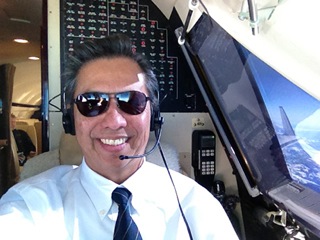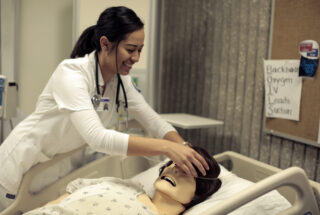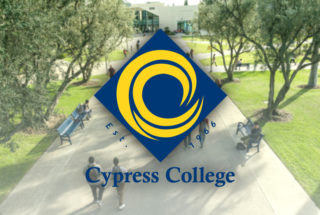Travel agents sell transportation, lodging, and admission to entertainment activities to individuals and groups planning trips. They offer advice on destinations, plan trip itineraries, and make travel arrangements for clients.
Travel agents typically do the following:
•Arrange travel for business and vacation customers
•Determine customers’ needs and preferences, such as schedules and costs
•Plan and arrange tour packages, excursions, and day trips
•Find fare and schedule information
•Calculate total travel costs
•Book reservations for travel, hotels, rental cars, and special events, such as tours and excursions
•Describe trips to clients and give details on required documents, such as passports and visas
•Give advice about local weather conditions, customs, and attractions
•Make alternative booking arrangements if changes arise before or during the trip
Travel agents also may visit destinations to get firsthand experience so that they can make recommendations to clients or colleagues. They may visit hotels, resorts, and restaurants to evaluate the comfort, cleanliness, and quality of the establishment. However, most of their time is spent talking with clients, promoting tours, and contacting airlines and hotels to make travel accommodations. Travel agents use a reservation system called a Global Distribution System (GDS) to access travel information and make reservations with travel suppliers such as airlines or hotels.
The following are examples of types of travel agents:
Leisure travel agents sell vacation packages to the general public. They are responsible for arranging trip itineraries based on clients’ interests and budget. Leisure travel agents increasingly are focusing on a specific type of travel, such as adventure tours. Some may cater to a specific group of people, such as senior citizens or single people.
Corporate travel agents primarily make travel arrangements for businesses. They book travel accommodations for an organization’s employees who are traveling to conduct business or attend conferences.
Bureau of Labor Statistics, U.S. Department of Labor, Occupational Outlook Handbook, Travel Agents,
on the Internet at https://www.bls.gov/ooh/sales/travel-agents.htm (visited December 17, 2017).







